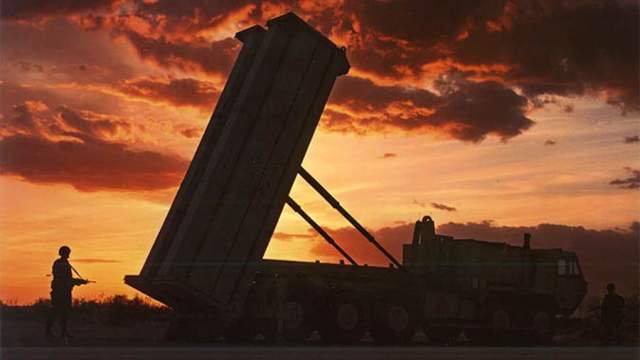The United States is inevitably vulnerable to Chinese intercontinental ballistic missiles (ICBMs), according to James Acton, co-director of nuclear security programs at the Carnegie Endowment. He discussed this with a Forbes magazine columnist.
The expert analyzed the modern weapons of the PRC and Russia, evaluated the partial orbital bombardment system (FOBS) developed in the USSR, the Chinese orbital bombardment system G-FOBS.
He concluded that "a handful of American interceptor missiles" have minimal chances of hitting an approaching intercontinental missile. Therefore, an ICBM or G-FOBS will not even be required.
"The United States is deploying its missile defense systems in Alaska, California and Eastern Europe to repel small nuclear attacks by North Korea and Iran. These means of protection are not enough to stop a full-scale nuclear attack involving many hundreds of Chinese nuclear charges or, even worse, thousands of Russian ones," the expert stressed.
Acton added that the conservatism of the leadership of the nuclear powers will not allow them to take risks once again, so the Chinese development of new weapons is nothing more than a "safety net of the authorities" in case of a hypothetical nuclear attack.
US President Joe Biden said on October 21 that the whole world knows the power of the American army and weapons, so Americans should not worry about this. It is more important for Russia and China not to make a mistake that will lead to the opportunity to test this power.
Earlier, on October 10, Robert Farley, a columnist for the American edition of 19Fortyfive, said that the conflict between the United States and China could lead to the third and fourth world wars. He added that China and the United States may start a fight for Taiwan. At the same time, any armed clash in the western Pacific will be a disaster and will lead to the destruction of the infrastructure that has developed between Asia and North America.

